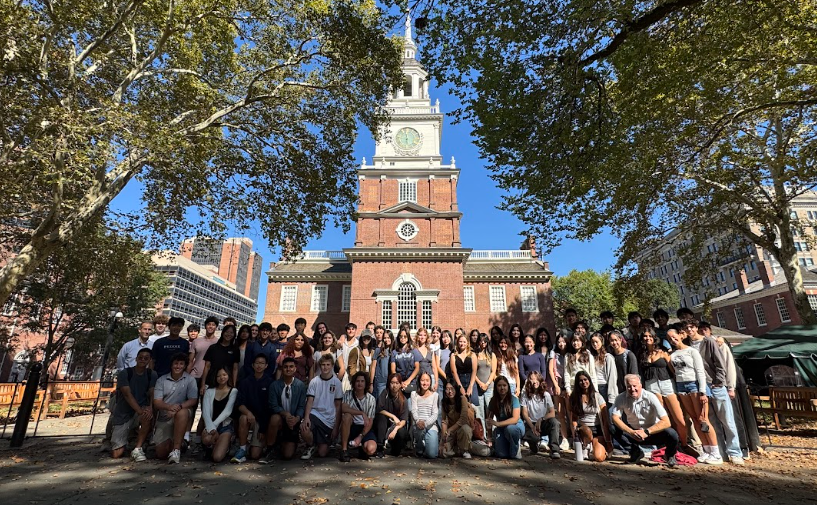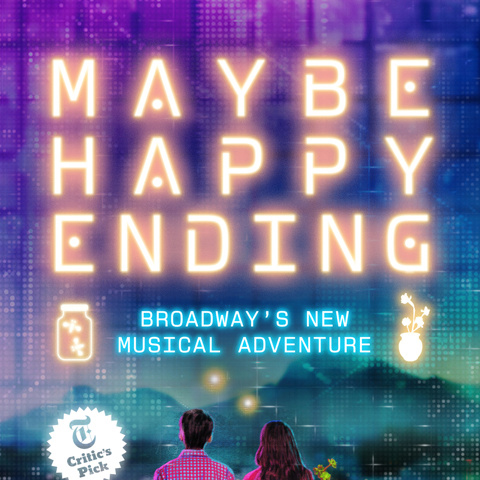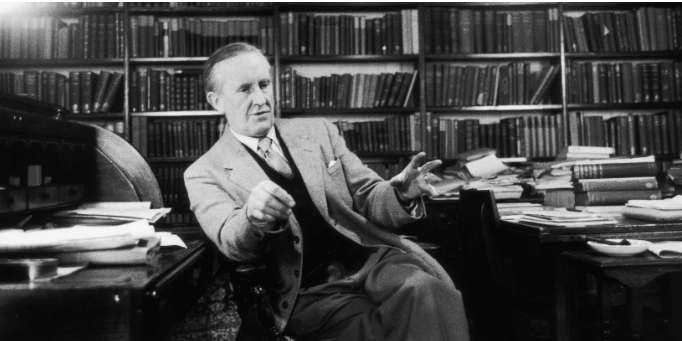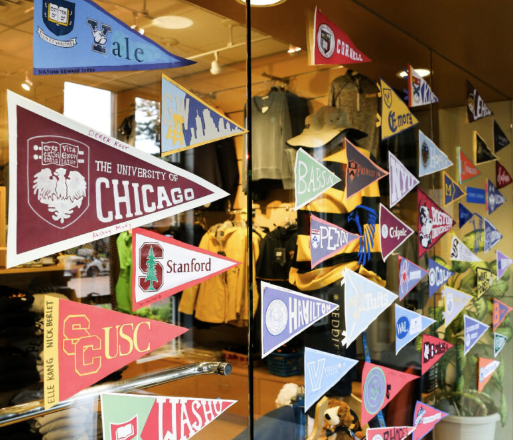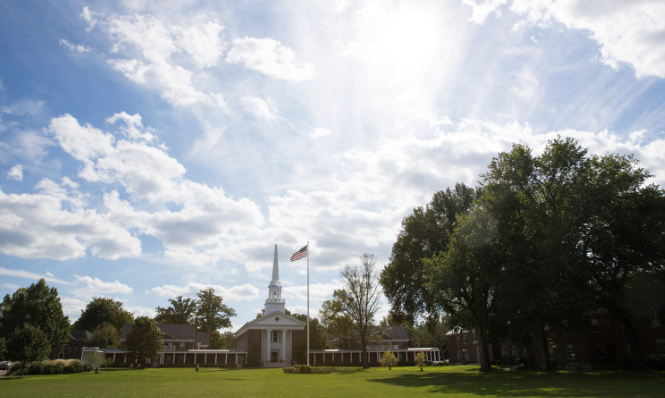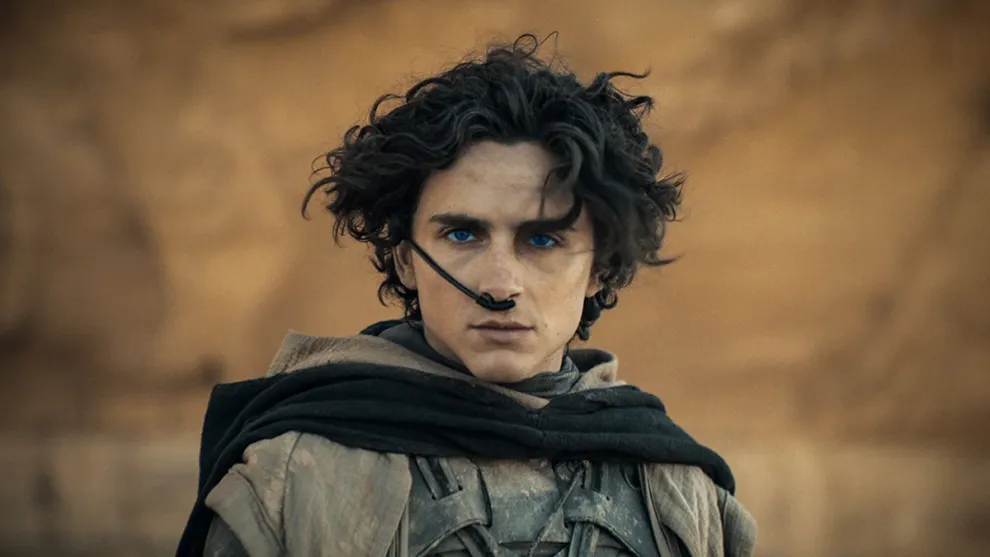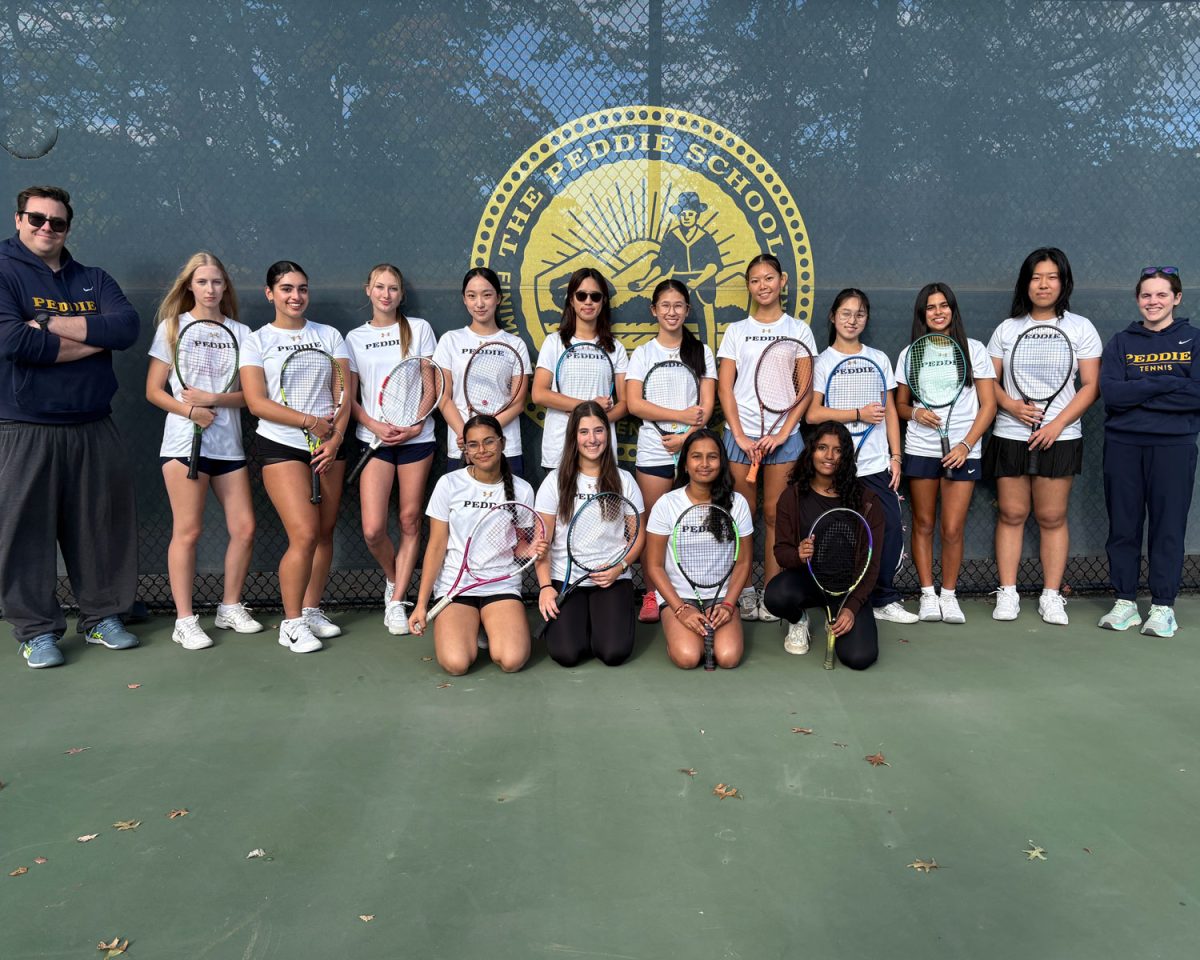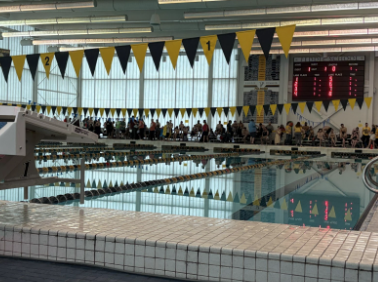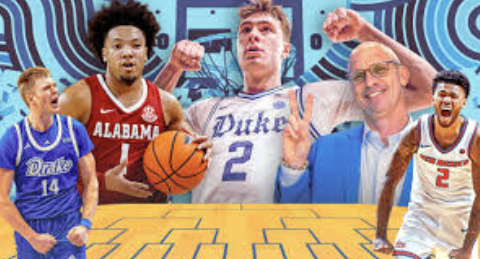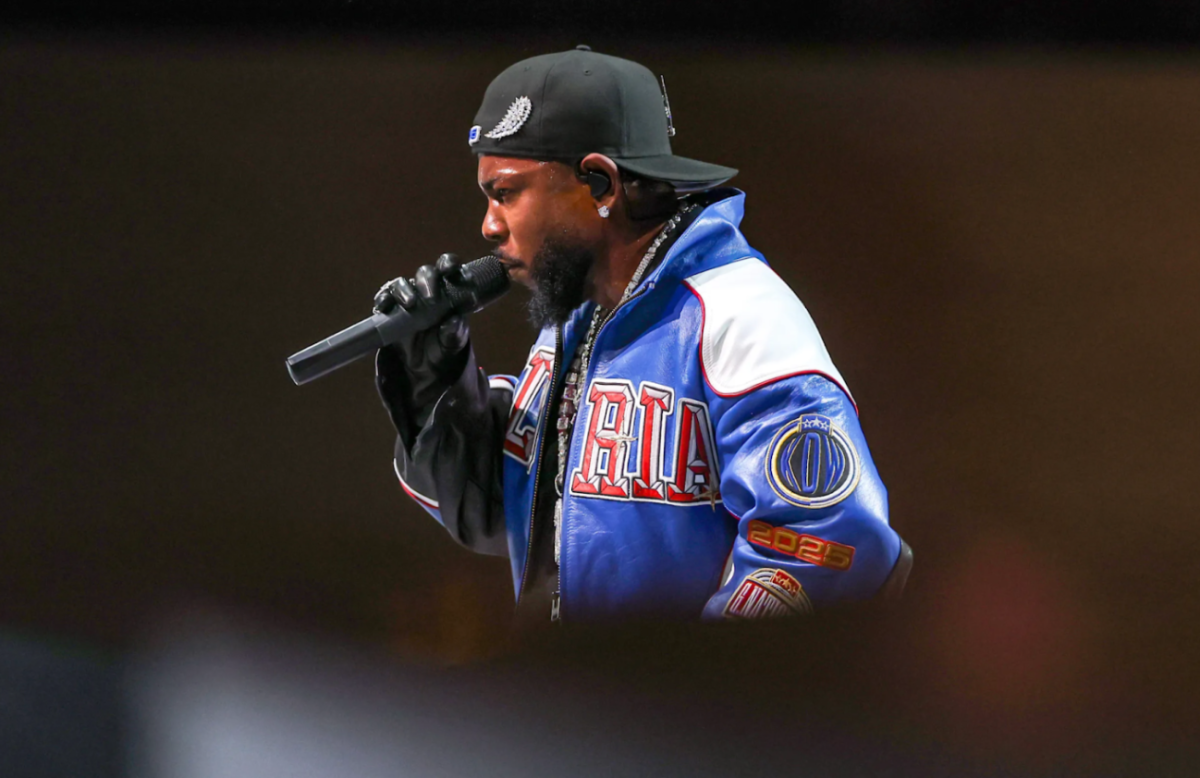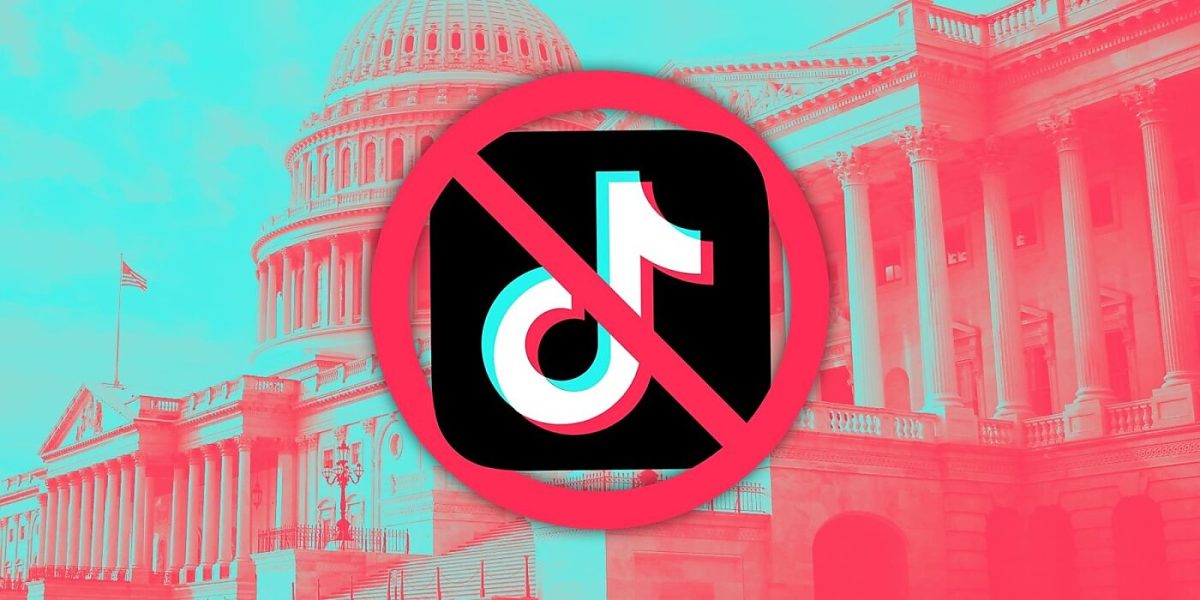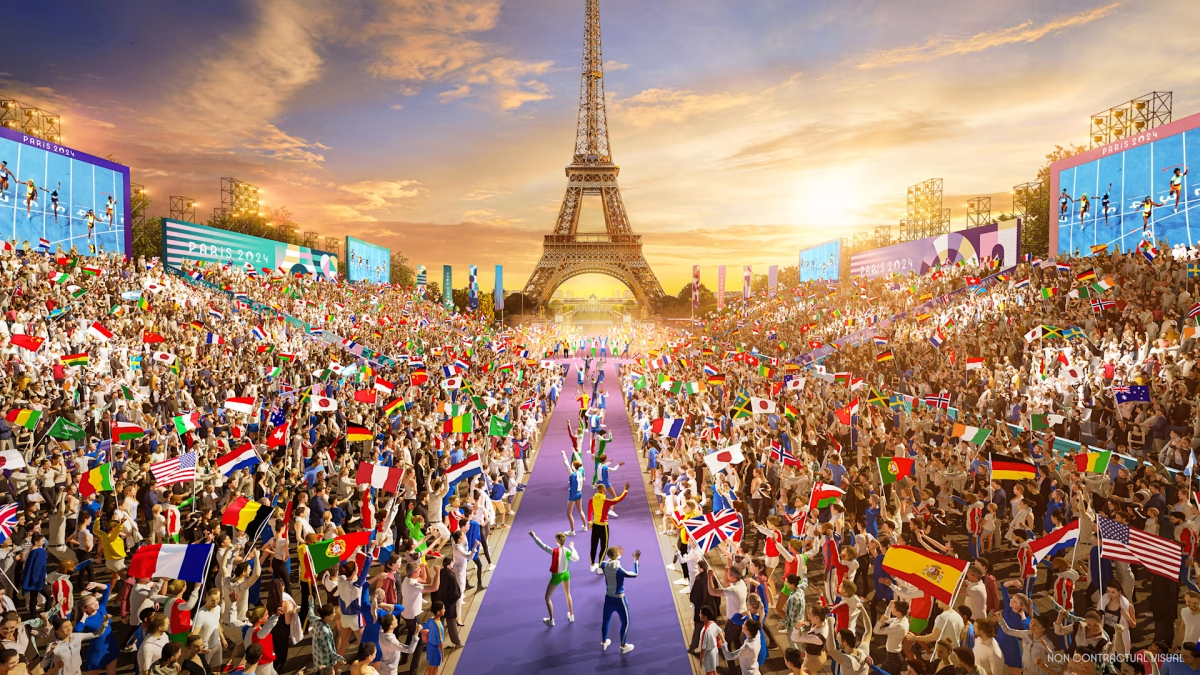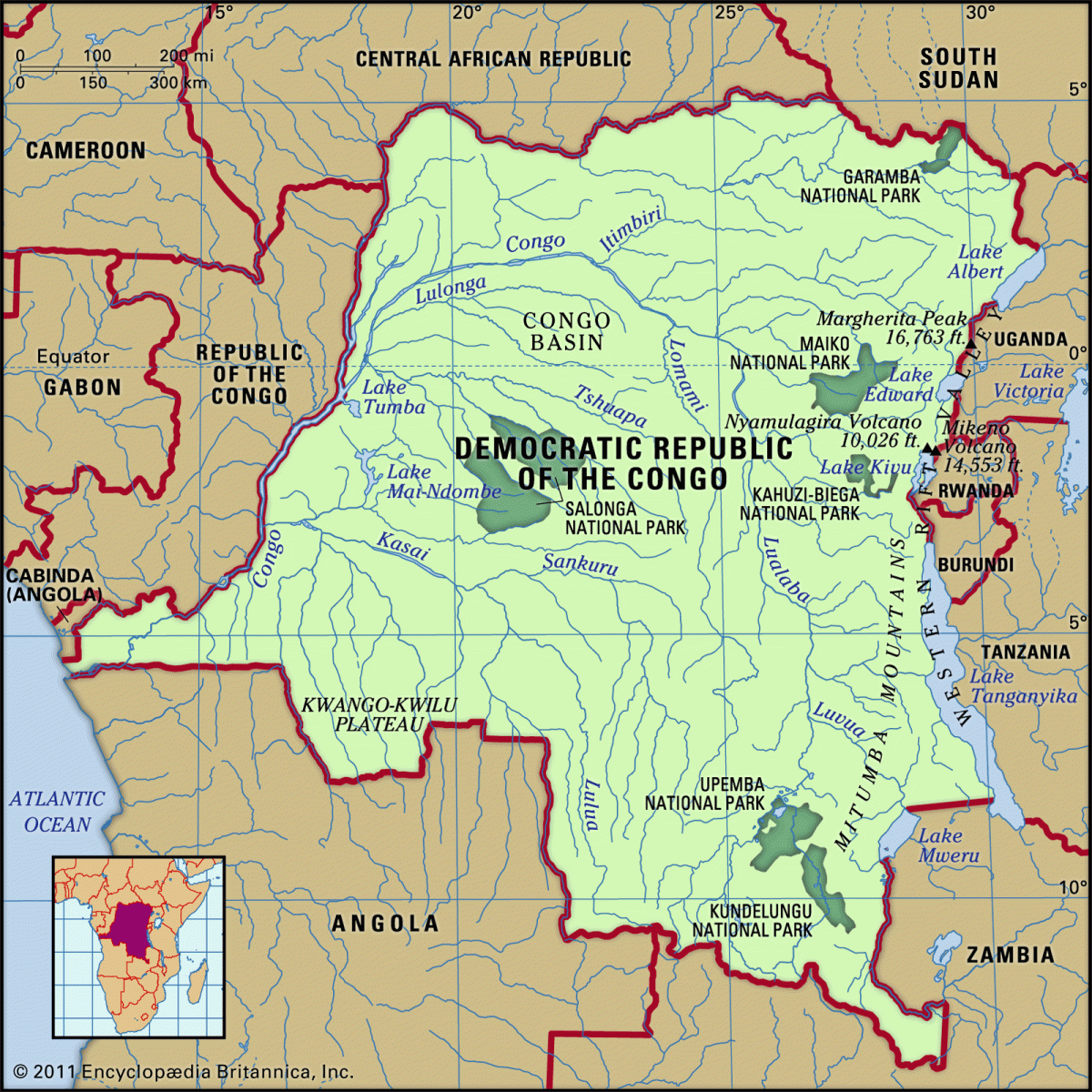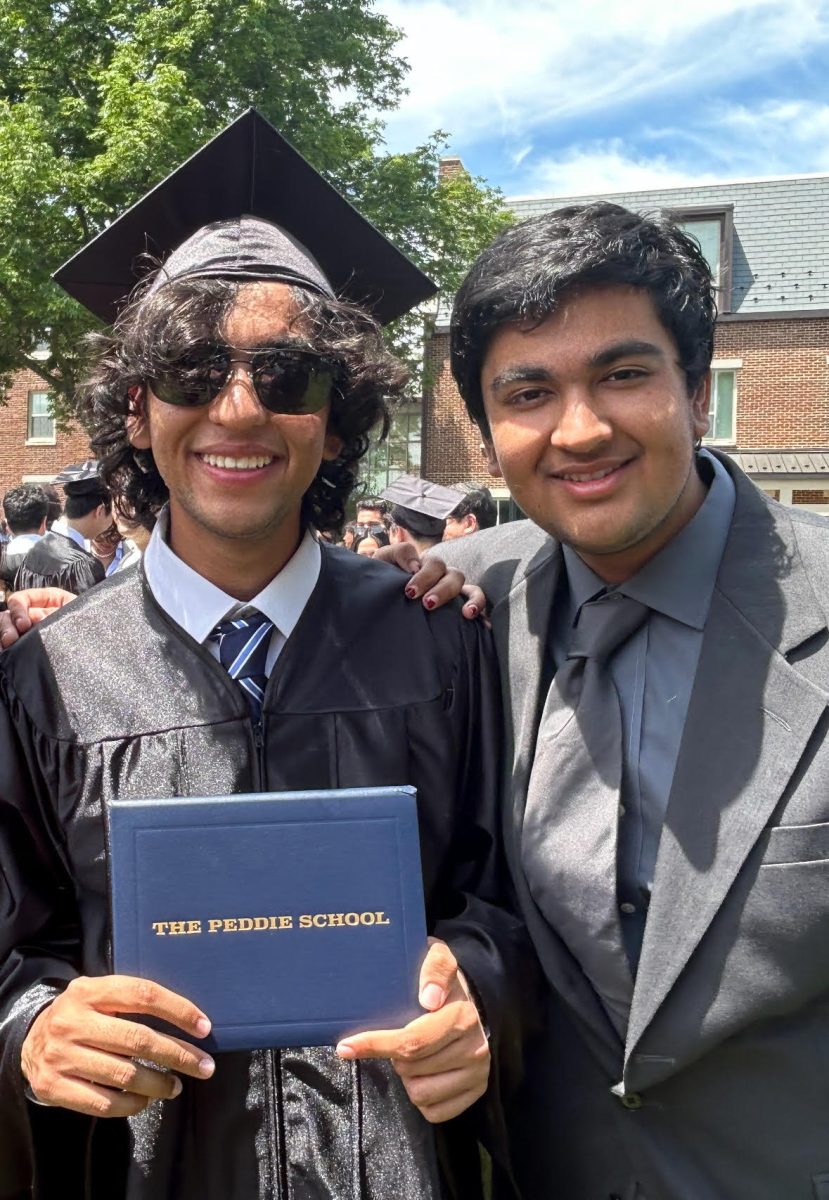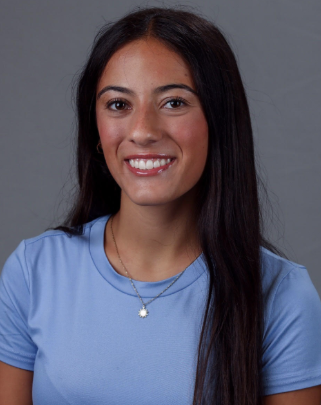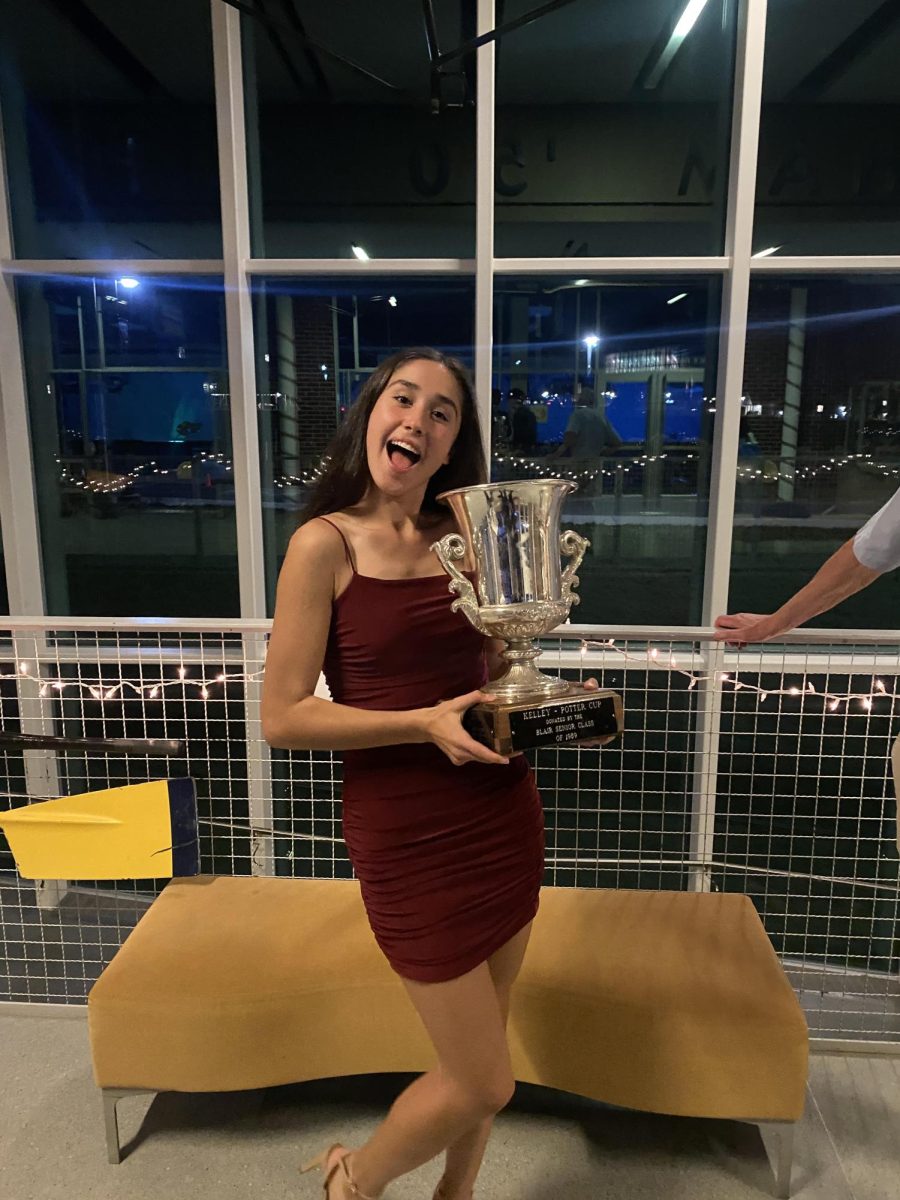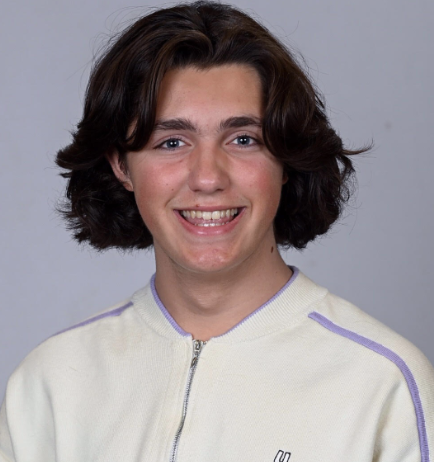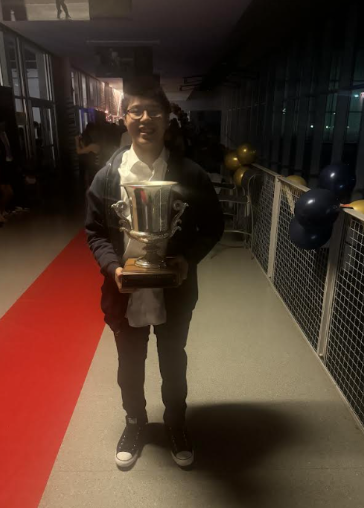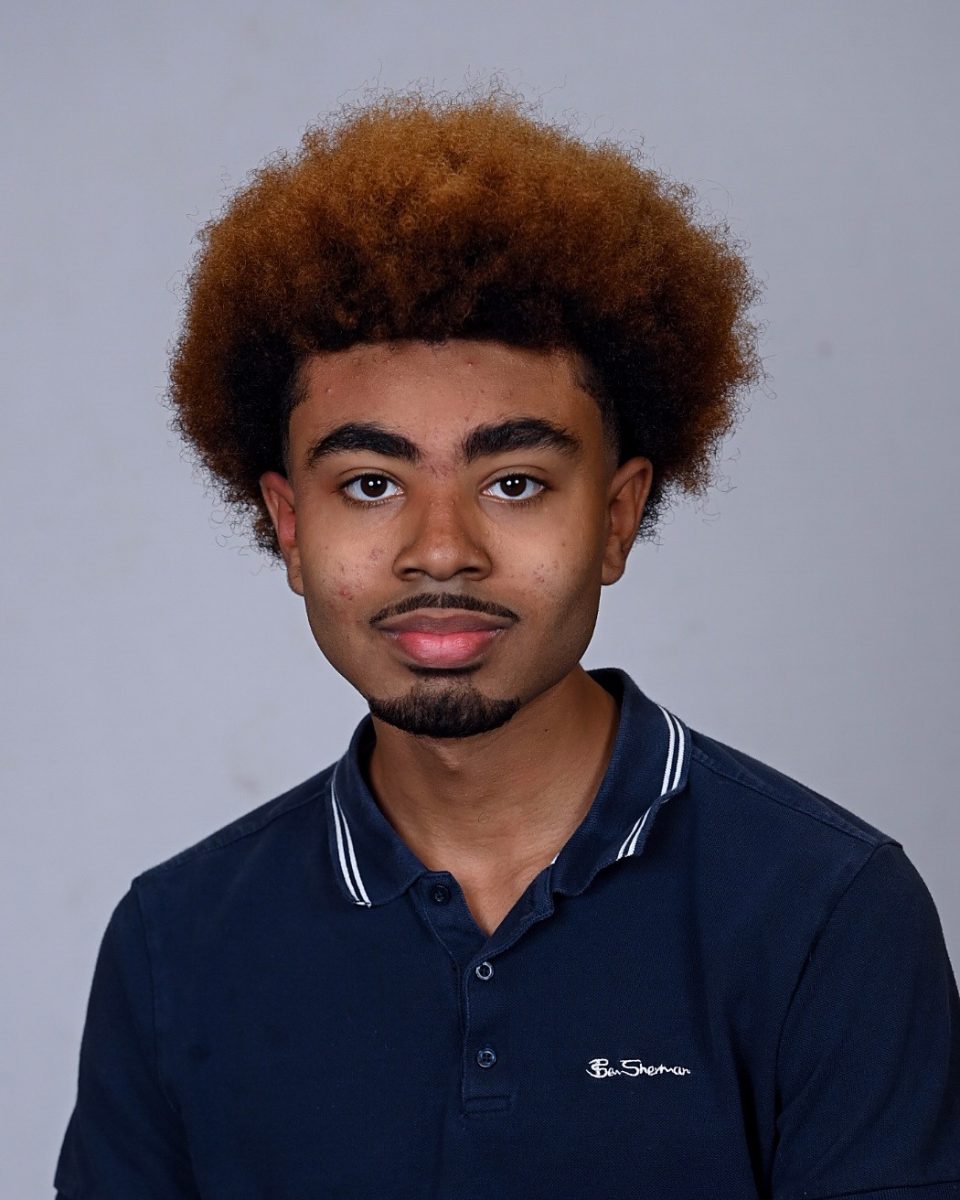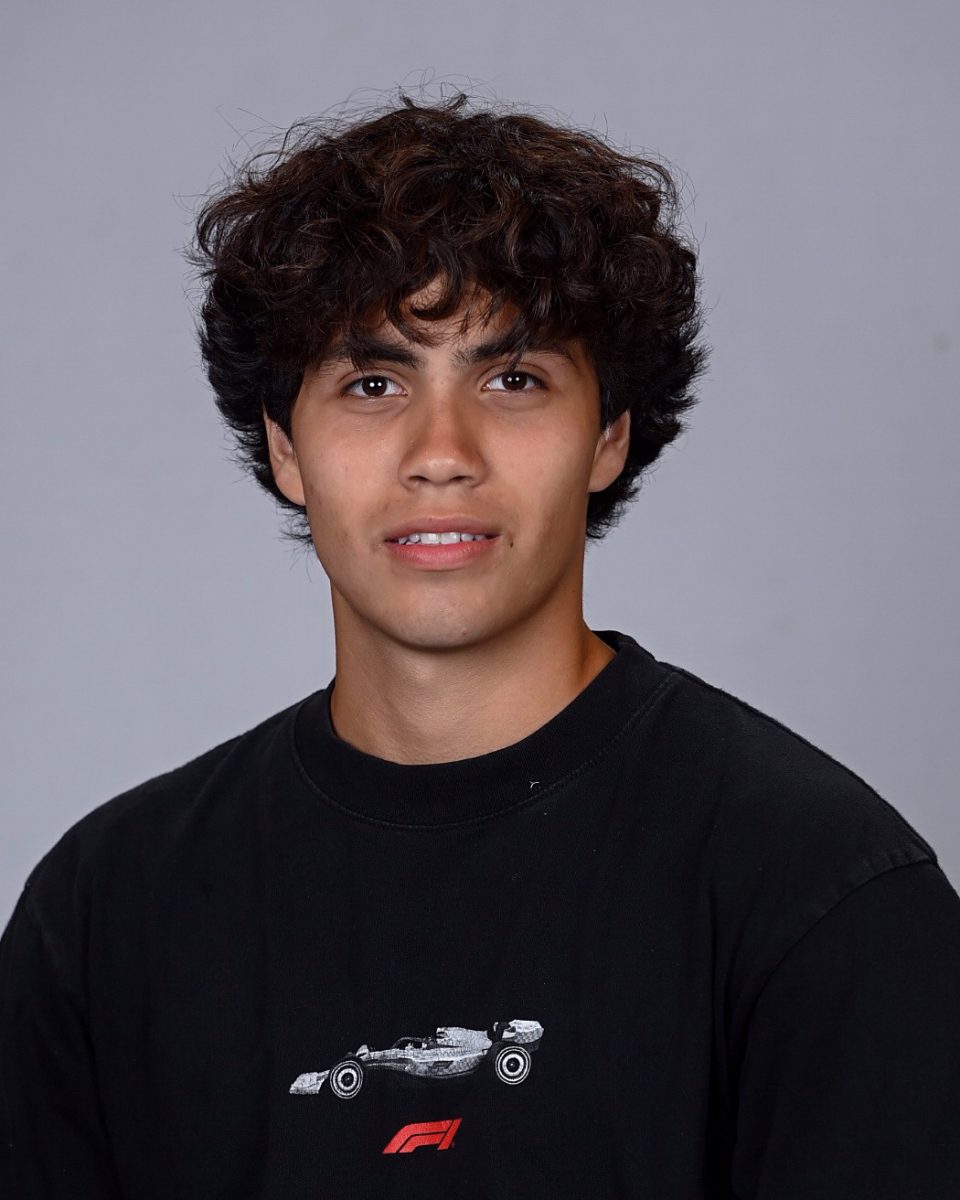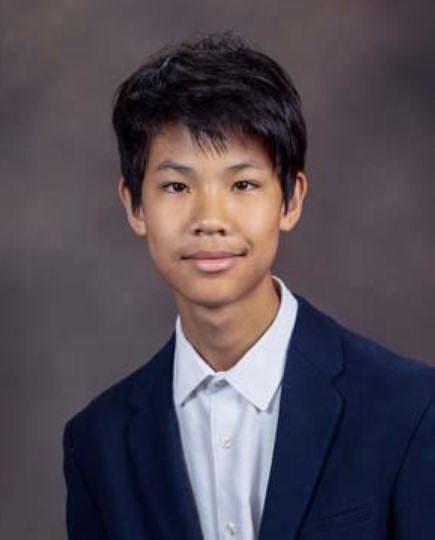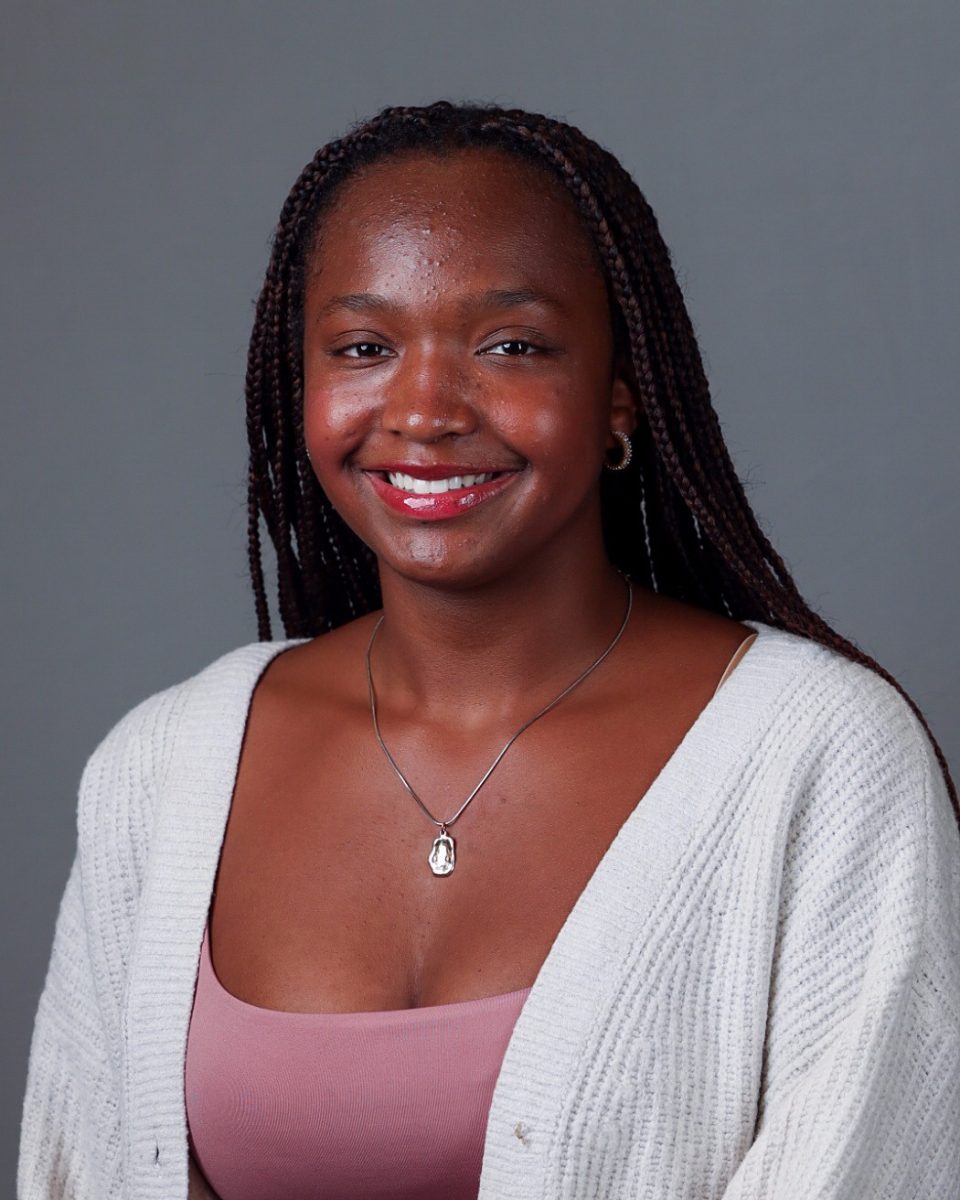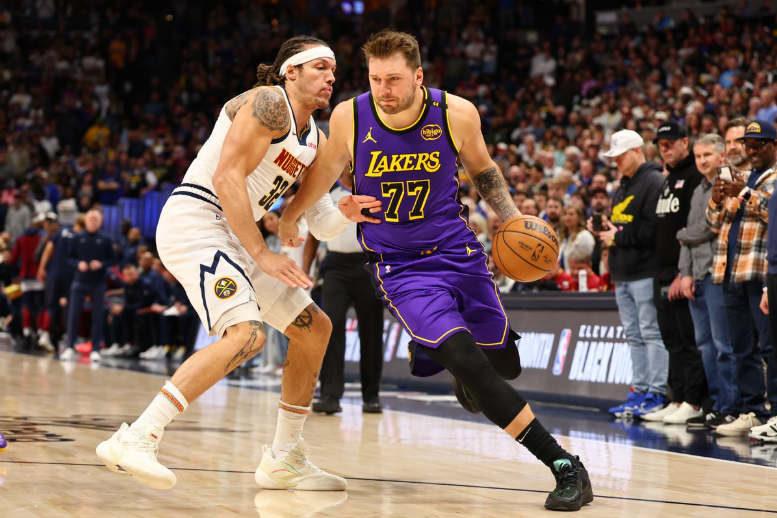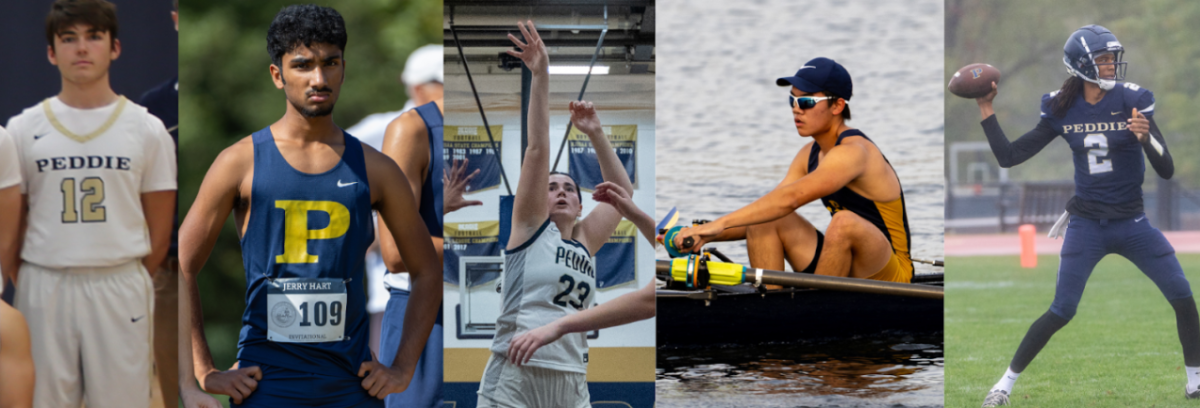“Nah, you’re joking, right?” That was Rob Pelinka – the Los Angeles Lakers’ President of Basketball Operations – first reaction to the trade offer. In an unassuming Dallas coffee bar, “The Luka Trade,” as most call it, was developed. Three weeks later, on February 1st, the Dallas Mavericks shocked the sports world– they traded Luka Dončić, a 25-year-old All-NBA player fresh off a Finals appearance, to the Los Angeles Lakers.
The transaction saw the aforementioned Mavericks point guard, veteran leader Markieff Morris, and oft-injured forward Maxi Kleber sent to the seventeen-time champion Lakers. In return, the Lakers sent defensive anchor and 2020 champion big man Anthony Davis, young shooting guard Max Christie, and a 2029 first-round pick to the Mavericks. But even with all these assets – a two-way All-Star and young talent – en route to Dallas, the trade was still unbelievable.
Before the trade, Dončić had carried the Mavericks to the Finals in the previous season and a Western Conference Finals appearance in 2022. Luka, a seventh-year player, has been a member of the All-NBA first team for the past five years and was third in Most Valuable Player voting last year. It is not an exaggeration to say he is a generational player who, at only 25, still has his prime years ahead of him. These concrete facts caused fans and executives alike to view him as “untouchable,” and an impossible acquisition for opposing teams. Up until that Saturday night, he was Dallas’ present and future. The decision to trade him, simply put, was unbelievable.
The Reasoning
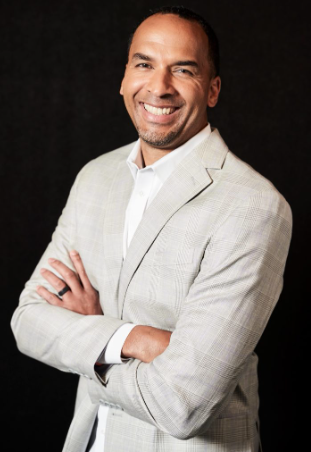
So why was Dončić traded? The picture grows clearer as news continues to trickle from the Dallas media and Maverick insiders. Nico Harrison, the Dallas Mavericks’ general manager, had a different vision for the team’s future: prioritizing defense. The first quote that reportedly came out from the Dallas front office immediately after the trade was, “Defense wins championships.”
For all of Luka’s impossible feats – 73 points in a single game, a 60-point triple-double, and the third-highest scoring average in NBA history – he has a longstanding flaw. In the Finals last year, many analysts attributed the Mavericks’ loss to the Boston Celtics to Luka’s poor defensive effort. He’s never been a strong defender, and in the Finals, Dončić was frequently targeted by Celtics forwards on isolations and other offensive attacks. The Mavericks also cited Luka’s poor conditioning as a source of concern, privately believing that his weight and cardio were recurring issues that limited his ceiling.
This belief in defense (and lack of it from Dončić) was apparent by who the Mavericks received in return. Anthony Davis is a 5x NBA All-Defensive player who has consistently elevated his performance in the playoffs. He’s also one of the NBA’s most versatile defenders, leading a suffocating, championship-winning defense in 2020. He can play the role of rim protector near the basket, switch onto perimeter players, and lock down most centers one-on-one. Max Christie isn’t a slouch on that end, either. At 21, he earned the starting shooting guard spot for the Lakers early in the season, typically taking on the toughest perimeter assignment on defense.
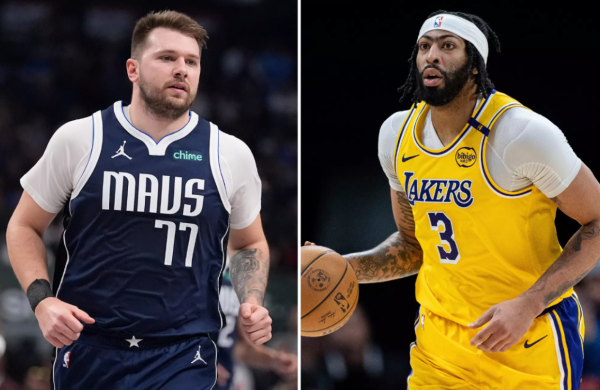
So then, why was this trade so improbable? Prioritizing players who can score and defend makes sense in theory. Well, there are three reasons.
First, in a superstar-centric league like the NBA, a player with Luka’s level of impact is never traded for one All-NBA player and a first-round pick. You simply never trade MVP-caliber players, especially those drafted by your franchise, without them requesting a trade first. Luka was beloved in Dallas and had the resume to back up his hype.
Next, Luka’s age – at only 25, Dončić hasn’t entered his prime and still has at least eight years of All-NBA level basketball ahead of him, barring injury. As a large guard who doesn’t rely on athleticism, his playmaking and passing skills will allow him to be a team’s centerpiece for a while. The player he was traded for, Anthony Davis, is 31 and has a lengthy history of injuries. Davis is a player defined by his mobility and reflexes, as much as his natural defensive instincts and IQ. If Nico Harrison was looking to a future defined by defense, this “future” might only last 2-3 years.
Lastly, we’ve learned that Nico Harrison, the general manager for the Dallas Mavericks, didn’t consult other teams for offers. In today’s NBA, it goes without saying that if a player is traded, they are shopped around the league for the best offer. The Brooklyn Nets, for example, traded away defensive wing Mikal Bridges for five first-round picks to the rival New York Knicks last summer. Harrison’s return for Luka was only a fraction of what the Nets received for a clearly inferior player in Bridges. Regarding assets, the Mavericks could’ve gotten much more for Luka. The Lakers’ third best player, 26-year-old combo guard Austin Reaves, and the Lakers’ other first-rounders were still on the roster/asset sheet by February 2nd.
Given these factors—the rarity of trading an MVP-caliber player, Luka’s youth, and the lack of a broader search—the deal was shockingly lopsided and defied conventional trade logic.
The Reaction
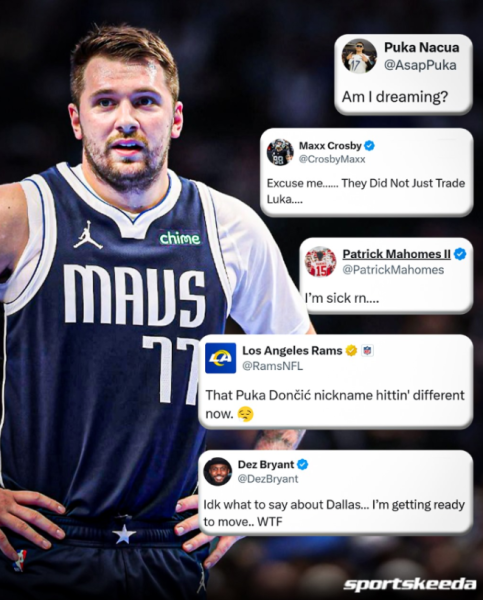
Another factor that made the Luka trade especially polarizing was the reactions it received. An NBA superstar traded at midnight, with no rumors beforehand? Both the sports world and Peddie thought that Shams Charania, the NBA insider who first reported the trade, had to have been hacked.
Celtics fan Maggie Hoffman ’25 remarked, “I thought it was fake … no way Dallas would be that stupid.” Across the internet, other athletes and NBA players shared a common sentiment: disbelief. LeBron James, the Lakers’ leader, is typically known for his influence on player trades and movement. But this was the one trade he and his all-knowing agent, Rich Paul, found out about only fifteen minutes before it happened. Other players took to X (formerly known as Twitter) to share their reactions. Alex Caruso of the Oklahoma City Thunder, a former Laker and teammate of Davis, wrote, “Nah shams gotta be hacked 💀.”
Moving past the initial reactions and surprise, most agreed that Los Angeles heavily benefited from the trade. Arin Puri ’25 called it the “weirdest trade of the century.” However, Duke academics commit Keaton Chien ’25 completely overlooked Dončić, stating, “The Mavericks [are] going to be crazy with AD.” He believes the “Lakers have no defenders” and “their chemistry is ruined.” In response, fellow senior and AP Euro scholar Ryan Mou ’25 believed Keaton had forgotten who Luka Dončić was.
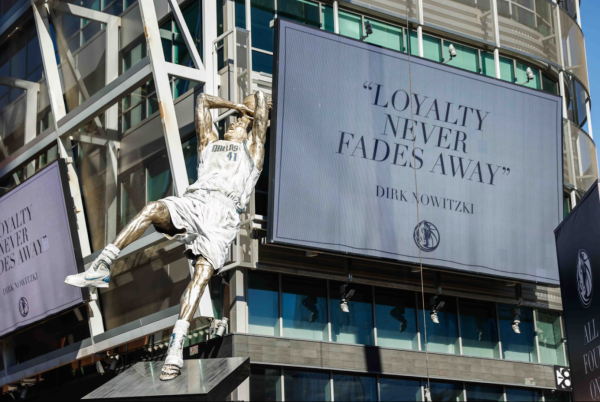
Mavericks fans were immediately shocked and angry as the news came out—and most still are. Mavericks legend Dirk Nowitzki’s statue stands before the American Airlines Center. The inscription under the twenty-year veteran’s statue reads, “Loyalty Never Fades Away.” Reading that sign today, Mavericks’ fans feel that the organization has breached the very core of its message. A couple of days after the trade, fans from across Dallas gathered in front of the arena. These meetups included a fake funeral for Luka, signs with calls to “Fire Nico,” and impassioned speeches from betrayed fans. No trade in NBA history has ever seen reactions like this one.
—
Five hours before the trade broke, the Lakers emerged from Madison Square Garden with a statement win. After a rough start to the season, they were starting to find their stride on the defensive end, thanks to Max Christie and the return of forward Jarred Vanderbilt. Fans looked to a potential post-All-Star break win streak with Anthony Davis back from a recent injury. But when the notification struck the phones of millions worldwide, the future of not only the Lakers, but the NBA as a whole, was changed forever.

